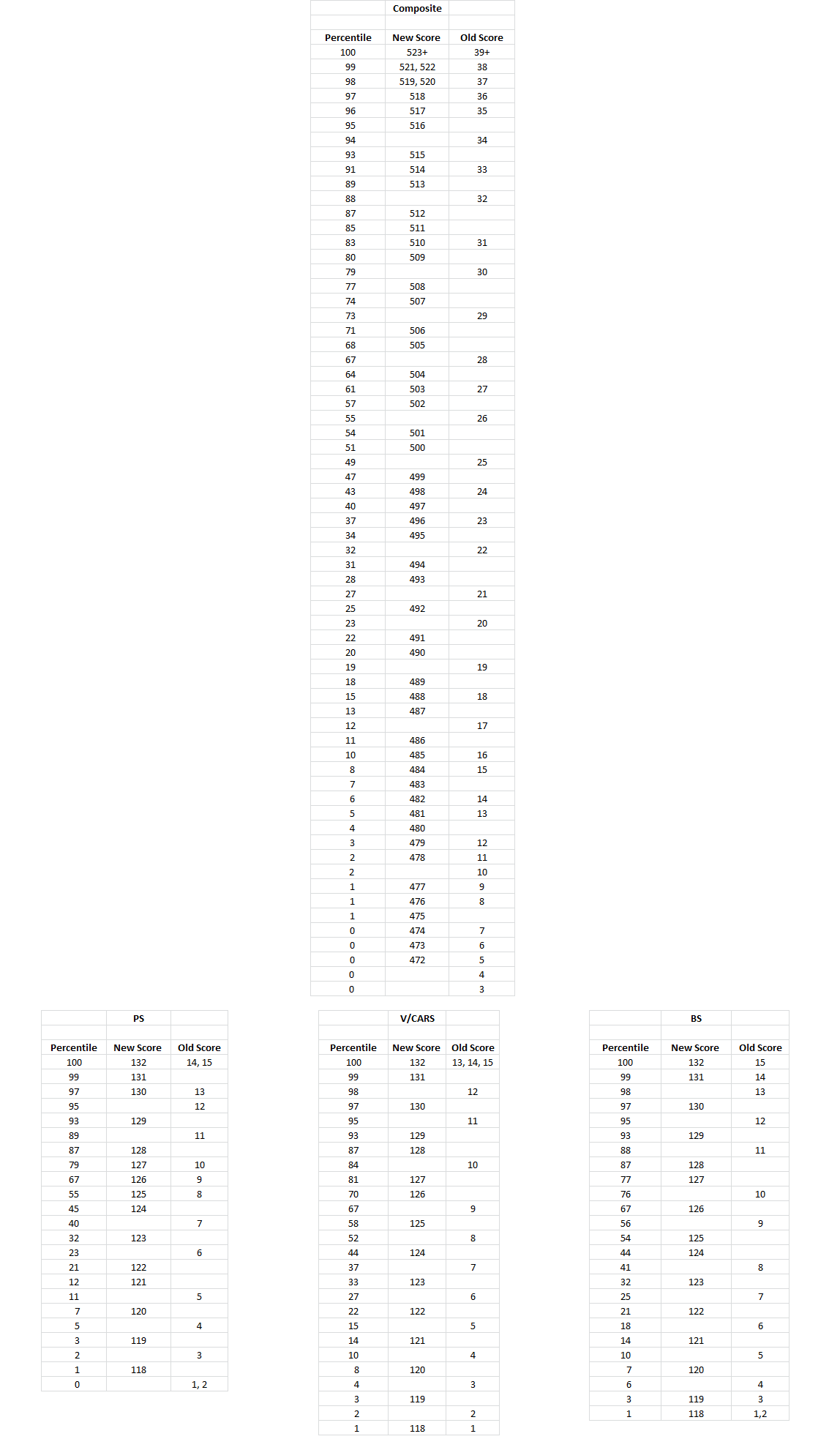- Joined
- May 1, 2015
- Messages
- 594
- Reaction score
- 479
I am comfortable knowing the difference between a 30 and a 25 and a 45. But when I see people post, am I competitive with a 525 or 500 or 480 I get confused.
Any other old-timers out there?
Any other old-timers out there?

